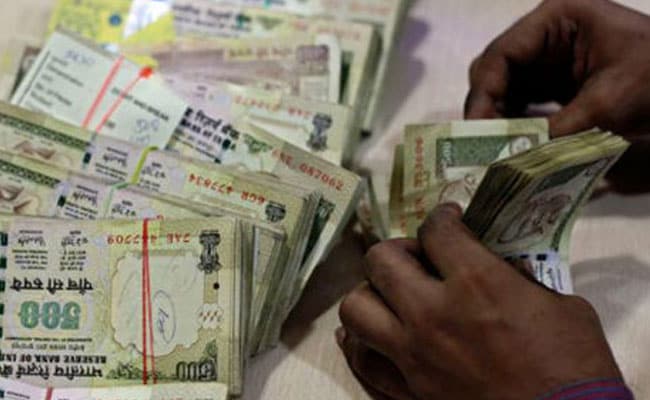
India has triggered the escape clause on dozens of investment treaties with other countries, seeking renegotiations for better protection from foreign litigation. These treaties lay out rules for how disputes between India and foreign investors should be handled.
Here's your 10-point cheat-sheet to why this is a big story:
The changes sought by Delhi could make it harder for foreign investors to legally challenge government decisions that negatively affect their businesses in India.
Some observers say the move could potentially backfire by spooking investors away from Prime Minister Narendra Modi's top priority - bringing in new business from abroad.
In a letter sent in May to India's Commerce and Finance Ministers, the European commissioner for trade Cecilia Malmstrom said that "some investors "may perceive the investment climate as deteriorating," adding, "Such an outcome would run contrary to the efforts of attracting more investment to India."
"We are entitled to ask for a renegotiation," Finance Minister Arun Jaitley told the Associated Press recently in Beijing, "and these will all be subject to negotiation with our foreign partners."
Under the new model treaty terms, foreign investors would have to exhaust all Indian judicial avenues for resolving a dispute before appealing for international arbitration. India's new template also does not include a most favored nation clause - a standard provision designed to ensure that investors are being given the best terms available.
Since 2012, at least 60 countries have begun revising investment agreements, including South Africa, Brazil and Indonesia - all large, developing economies like India.
The idea for renegotiating investment treaties comes as India has been hit by a series of lawsuits over issues such as retroactive taxation or cancelled licenses.
Britain-based Vodafone has a case pending with the International Court of Justice for arbitration over a bill for $2.5 billion that India's tax authorities say the company owes for a 2007 asset purchase, based on legislation passed only in 2012.
Last month, an arbitration panel based in The Hague began adjudicating a similar dispute over retroactive taxation imposed on Cairn Energy, an oil and gas exploration company based in Scotland.
Still, the new terms may not matter to investors if they can still envision profits through investing abroad. "Once the rules and regulations are streamlined, there will be more predictability for investors," said Sachin Chaturvedi, head of the Research and Information System for Developing Countries think tank in New Delhi.

